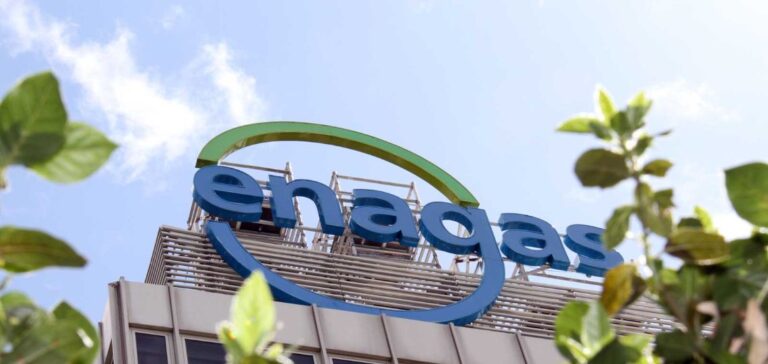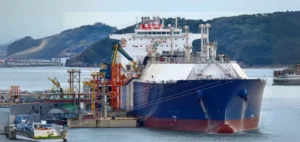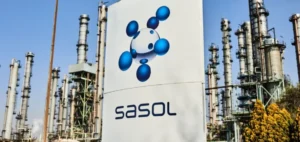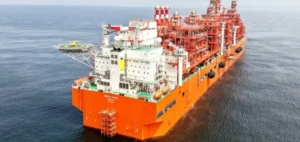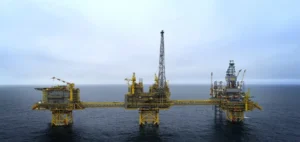The International Centre for Settlement of Investment Disputes (ICSID), the arbitration body of the World Bank, has revised upward the compensation awarded to Enagás, the Spanish gas grid operator, in its dispute with Peru. The compensation now stands at 302 million U.S. dollars, up from 194 million in the initial ruling delivered last December. This revision concerns the dispute surrounding the Gasoducto Sur Peruano (GSP) project, a major pipeline whose concession was cancelled by Peruvian authorities. Initially, Enagás had claimed 505 million dollars for financial damages incurred following the premature termination of the contract in 2017.
Background of the Dispute
Enagás held a minority stake of 25% in the consortium tasked with building and operating the GSP pipeline. This project, essential for connecting southern regions of Peru to natural gas sources, was set to stretch over 1,100 kilometers with a concession planned for 34 years. In January 2017, the Peruvian government decided to unilaterally terminate the contract, citing irregularities involving one of the consortium partners, Brazilian company Odebrecht, implicated in corruption scandals. Following this decision, Enagás initiated arbitration proceedings under the 1994 bilateral investment treaty between Spain and Peru.
Economic Consequences for Enagás
Following the initial ICSID decision in December, Enagás reported a capital loss of 246 million euros in its financial results for the fourth quarter of 2024, linked to unrecovered investments. The recent increase of compensation to 302 million dollars will partially mitigate these losses, thus improving the company’s immediate financial situation. This decision was announced by Enagás in an official statement filed with the Spanish financial markets regulator (CNMV), outlining the accounting and financial impact of the newly awarded amount.
Potential Impact on Investment in Peru
This arbitral decision could have significant implications for Peru, particularly regarding its attractiveness to foreign investors. The now-confirmed amount of 302 million dollars constitutes a substantial financial burden for Peruvian public finances. This sum occurs in a context where the country is striving to maintain confidence among international investors, especially in energy infrastructure. The ICSID arbitration, by imposing this substantial compensation, underscores the legal and financial risks associated with breaking international contracts.


